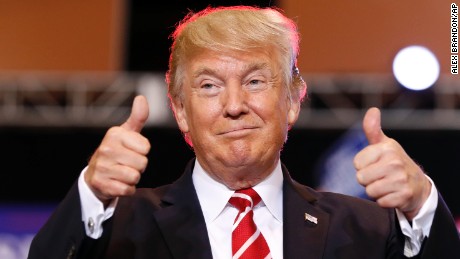There is a problem with assuming that every rich person started with absolutely nothing and was able to become rich purely through hard work or whatever (and thus deserves to stay rich) - just take this one billionaire who got his start because of a "small loan of a million dollars" from his father:
Dudes like this have more money than they could ever realistically spend in their remaining years and they intend to either hoard it for themselves or pass it on to heirs who are liable to perpetuate the cycle - meanwhile, millions of other people who don't have the privilege of being billionaires (due to inherited wealth or not) are stuck trying to make ends meet in a system that will let them die if they can't manage to make enough of the money that the rich can so easily take for granted.
So, per your points:
1) The idea of rich people being "implicitly evil" is more to do with how they function and thrive within the capitalist system that relies on a severe division of wealth and class. If rich people's wealth is determined by allowing that system to keep the majority of people in the poorer classes, then even the nice billionaires are responsible in the "good people who do nothing" sense.
2) A meritocracy shouldn't be solely determined by whoever arbitrarily happens to have the most money. If I do nothing all year and inherit a million dollars from a dead relative, that doesn't automatically mean that I'm a harder-working person than someone who works 40-hour weeks all year for $50,000, but I'm the millionaire and they're not so clearly I'm the one doing something right, yes?
Dudes like this have more money than they could ever realistically spend in their remaining years and they intend to either hoard it for themselves or pass it on to heirs who are liable to perpetuate the cycle - meanwhile, millions of other people who don't have the privilege of being billionaires (due to inherited wealth or not) are stuck trying to make ends meet in a system that will let them die if they can't manage to make enough of the money that the rich can so easily take for granted.
So, per your points:
1) The idea of rich people being "implicitly evil" is more to do with how they function and thrive within the capitalist system that relies on a severe division of wealth and class. If rich people's wealth is determined by allowing that system to keep the majority of people in the poorer classes, then even the nice billionaires are responsible in the "good people who do nothing" sense.
2) A meritocracy shouldn't be solely determined by whoever arbitrarily happens to have the most money. If I do nothing all year and inherit a million dollars from a dead relative, that doesn't automatically mean that I'm a harder-working person than someone who works 40-hour weeks all year for $50,000, but I'm the millionaire and they're not so clearly I'm the one doing something right, yes?
__________________
Iro's Top 100 Movies v3.0
I really just want you all angry and confused the whole time.


